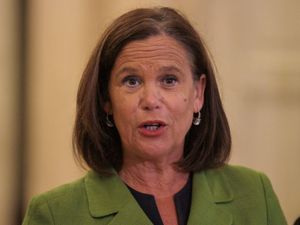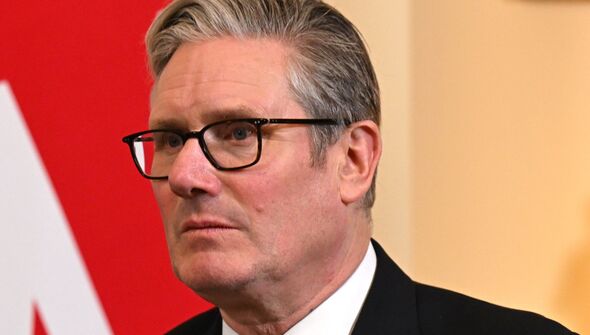The ongoing algal blooms afflicting Lough Neagh have been declared a “very significant crisis” for all of Ireland by Sinn Fein president Mary-Lou McDonald. The largest freshwater lake in the UK and Ireland has faced recurring issues with noxious blue-green algae for the third consecutive summer, leading to severe repercussions for local communities and environments.
This summer, the algal blooms forced a premature end to the eel-fishing season and prompted health advisories against swimming at several beaches along the north coast. The blue-green algae have been detected moving along the Lower Bann River, raising alarm among residents and officials alike.
Sources and Impacts of Pollution
The root causes of this ecological crisis have been linked to an excess of nutrients entering the lake, primarily from agricultural runoff, wastewater, and septic tanks. The situation has been exacerbated by climate change and the presence of invasive species like zebra mussels, which further disrupt the delicate ecosystem.
Andrew Muir, Minister for Agriculture, Environment and Rural Affairs, is currently spearheading a Lough Neagh Recovery Plan aimed at tackling these issues. McDonald met with Muir on September 25, 2023, at Stormont to discuss urgent measures needed to address the crisis.
In a statement to reporters at Parliament Buildings in Belfast, McDonald emphasized the necessity for immediate action, stating, “We had a lengthy discussion around Lough Neagh and the need for urgent action to address what is a very very significant crisis not just for the north, but I believe, for the whole island.”
Collaborative Efforts for a Sustainable Solution
McDonald highlighted the importance of a coordinated national response, calling for involvement from the Shared Island Unit in Dublin and the wider government. “There will need to be a national focus on this,” she remarked, underscoring the critical nature of Lough Neagh as a natural resource.
She also expressed concern for the local community, including fishermen and other stakeholders who have been adversely affected by the ongoing situation. “We have pressed with the minister the need for a financial support package for them,” she noted, advocating for innovative projects that could help restore the lake’s health and protect the source of approximately 40% of the region’s drinking water.
McDonald concluded the meeting by emphasizing the need for continuous, constructive engagement among all parties involved. “It was a very worthwhile meeting,” she stated, reiterating the urgency of the matter and the need for robust collaboration moving forward.







